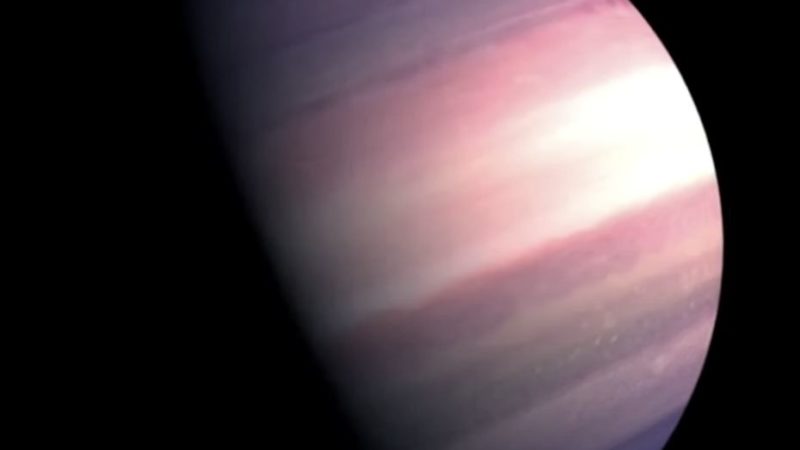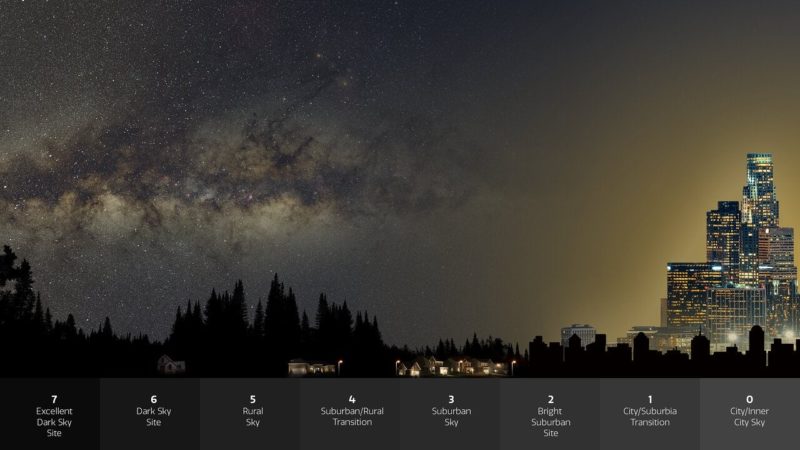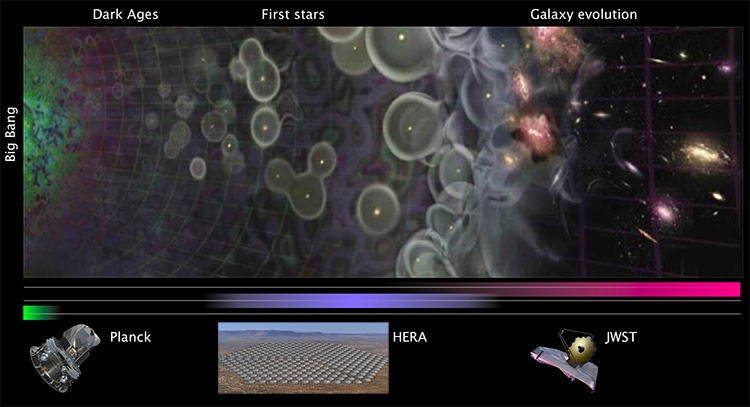When Dr. Amanda Moffett looks into the starry sky at night, she knows galaxies are primarily either elliptical or spiral. However, a recently discovered galaxy category captured her interest.
Moffett, assistant professor of physics and astronomy at UNG, collaborated with two large, international galaxy survey teams, Galaxy and Mass Assembly (GAMA) and Sydney-AAO Multi-object Integral spectrograph (SAMI), on a research project.
Her research paper was recently published in the October issue of Monthly Notices of the Royal Astronomical Society, a British astronomy journal.
“We were trying to understand a recently discovered population of galaxies we call ‘little blue spheroids,’ which are unusual because they form stars like spiral galaxies but are structured more like elliptical galaxies,” Moffett said.
Elliptical galaxies are featureless round galaxies that are not forming stars, earning them the description “red and dead.” Spiral galaxies actively form stars and feature striking spiral disk structure, like our home galaxy the Milky Way.
“We don’t have the most complete answer,” she said. “But we ultimately found that these galaxies are likely formed from mergers or cosmic gas accretion and could be the ancestors of dwarf elliptical galaxies.”






